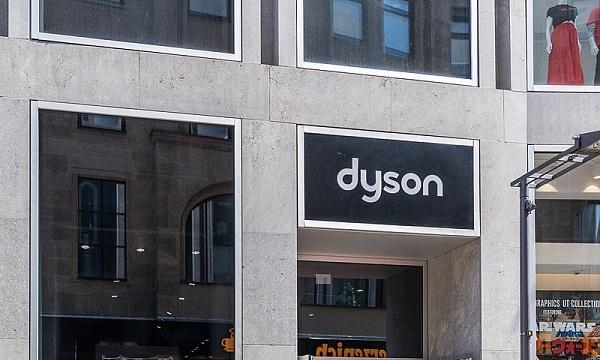
High costs and competition may further burden Dyson's other EV plans: Fitch
The firm is projected to become a battery supplier in order to recoup some of its R&D expenditure.
Vacuum manufacturer Dyson has just announced its exit from the electric vehicle (EV) production, but high costs and strong competition in the sector are expected to further weigh on its other remaining projects in the sector, according to an analyst report from Fitch Solutions.
Dyson has not fully given up on its remaining plans in the EV segment, as it said that it will continue its $4.32b (£2.5b) investment programme into new technology and grow its new university. It aims to focus on manufacturing solid-state batteries and other fundamental technologies (such as sensing technologies, vision systems, robotics, machine learning, and artificial intelligence).
“We highlight that Dyson's interest in autonomous driving technology rises further risks that it would just be a repeat of what happened with its venture into the EV industry, especially as the cost of autonomous vehicle development is slated to outpace even that of EVs,” the report stated.
This is slated to bring continued pressure on the firm’s financials going forward and will most likely see a similar outcome to its EV venture. However, researchers said that they are optimistic about Dyson’s solid-state battery development prospects as it may justify the development cost for its other battery-powered products.
The firm is projected to become a battery supplier in order to recoup some of its R&D expenditure and remain part of the fast-growing industry. Fitch Solutions stated that the global EV market is slated to expand at an annual average rate of 12.5% over the 2019-2028 period and reach an annual sales volume high of under 6 million units by 2028, which could be the reason why Dyson is not willing to abandon the industry completely.
The report also added that Dyson’s failure to find a buyer for the project highlights that other non-traditional EV developers will struggle to find an “exit” option from this industry as the traditional automakers have entered partnerships and agreements to develop commercially viable EVs.
























 Advertise
Advertise






